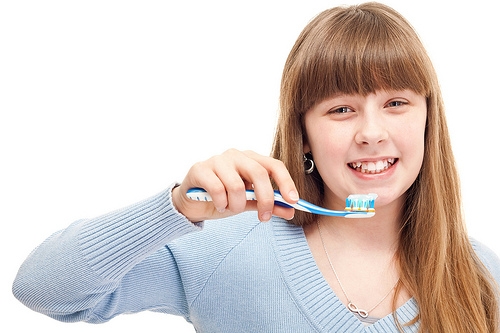Easing the Teething Blues
August 7th, 2024

Every moment of your baby’s first year of life is precious, since every day your child grows a little, develops new skills, and discovers new things. Most of it is wonderful, but parents don’t like to see their babies in pain. That’s why teething can be such a hard experience. However, you can take steps to make it easier for you and your baby.
What to Expect
Most babies begin teething around the age of six months, when the lower central incisors start to appear. Shortly after this time, the upper central incisors poke through, followed by the lateral incisors, first molars, canines, and second molars. Unfortunately, you’ll probably know that your baby is teething not because you see these teeth come in, but because your baby will be in discomfort. These are some of the signs to watch for when you’re expecting your baby to begin teething.
- Tender and sore gums
- More drooling than before
- Being crankier than usual
- Chewing on hard objects
What You Can Do
As a parent, you want to do everything you can to make your child more comfortable. These are some approaches that Dr. John Zarrella and Dr. Peter C. Rider and our team recommend:
- Take a clean moistened wash cloth or use your own washed finger to rub your baby’s gums and provide relief due to the pressure.
- Provide a firm rubber teething ring for your baby to use, but don't use the type that is filled with liquid.
- Use a bottle. A bottle filled with cold water can be soothing. Don’t give your baby formula, milk, or juice constantly because the sugar can cause tooth decay.
- Medications can help for extreme crankiness. Infant Tylenol is an example, but it’s best to check with your pediatrician before giving your baby medications.
You might also want to take special care to dry the drool. It’s not just to keep yourself and your baby dry. Keeping your baby’s skin dry can help prevent irritation.
When to Visit Us
Once your child’s first tooth comes in, it’s time to start thinking your baby’s first trip to our Ashland office. The American Dental Association suggests that you bring your child to the dentist within six months of the appearance of the first tooth, or at about one year of age. Dr. John Zarrella and Dr. Peter C. Rider can do a quick check for tooth decay, and we’ll make sure you know how to take care of your child’s new teeth.







